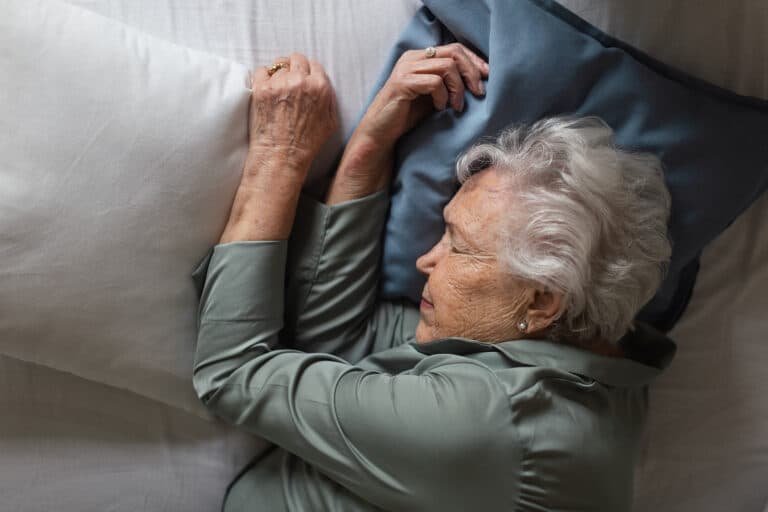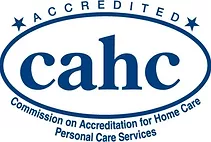Seniors need extra attention and care upon hospital discharge to ensure a seamless return to health. In addition, they need a strong and detailed post-hospital care plan to reduce readmissions. Part of that plan should include instructions regarding sleep and rest. This is because sleep and rest are just as important to the healing process as medication and follow-up sessions. However, seniors might struggle to get the appropriate amount of rest they need, or loved ones might become concerned if they’re sleeping too much. Understanding the significance of sleep and rest for healing and the red flags to watch for are crucial.
Understanding the Significance of Sleep and Rest for Healing
While seniors and loved ones might think sleep and rest should be lumped into one category, the two are separate things. Sleep cycles refresh the body and mind, but rest lets you relax, recharge, and recover without falling asleep. The importance of the two for seniors receiving post-hospital care is detailed below:
- Improved Healing: Sleep is essential for the body’s healing process because it allows it to replenish and repair damaged tissues. Meanwhile, the body can store energy during rest and use it to promote recovery.
- Improved Immune Function: A rested body is better able to fight off infections, which lowers the risk of hospital readmissions.
- Improved Mental Health: Both sleep and rest are necessary for emotional and mental health. Well-rested seniors are better able to handle stress and keep a pleasant attitude while recovering.
- Improved Pain Management: Getting too little sleep might make it harder to manage pain, but getting enough sleep can make it easier to deal with discomfort.
Signs That Seniors Might be Sleeping Too Much
Although getting enough sleep is an essential part of post-hospital care, getting too much sleep might indicate an underlying problem. Loved ones and home care are able to watch for the following signs to monitor seniors’ sleep routines when they return from the hospital:
- Excessive Daytime Sleepiness: Seniors who consistently feel exhausted during the day even after getting a lot of sleep at night may need a change to their routine.
- Changes in Sleep Patterns: Serious changes in sleep patterns, including sleeping a lot more than usual or having trouble staying awake during the day, should be assessed.
- Enhanced Confusion: Seniors should be refreshed after getting the “right” amount of sleep for their needs. Too much sleep might make them feel foggy and confused.
- Persistent Fatigue: This is different from excessive sleepiness. If seniors are recovering well and following their post-hospital care plan, they should be restoring their energy over time, not continuing to feel fatigued.
If these signs are noticed in the days and weeks after a hospital discharge, loved ones might talk with a healthcare professional to address concerns and rule out underlying issues.
It is critical for seniors to prioritize sleep and rest during their post-hospital recovery process. Understanding the significance of sleep in the healing process and identifying indicators of excessive sleepiness will greatly enhance a senior’s general welfare and recuperation. Seniors can have improved comfort and resilience during their post-hospital journey if home care and loved ones emphasize the value of getting enough sleep and rest.
Sources:
https://www.frontiersin.org/articles/10.3389/frsle.2022.1011930/full
https://www.sleepfoundation.org/aging-and-sleep#:~:text=Excessive
If you or a senior loved one needs post-hospital care in Clark, NJ or surrounding areas, please contact the caring staff at Adult Alternative Home Care today. (888) 664-1769
- The Superfood You Shouldn’t Miss - April 9, 2025
- First Home Care Visit? Here’s The Inside Scoop - April 9, 2025
- Are Seniors Ready for a Disaster? - April 7, 2025


